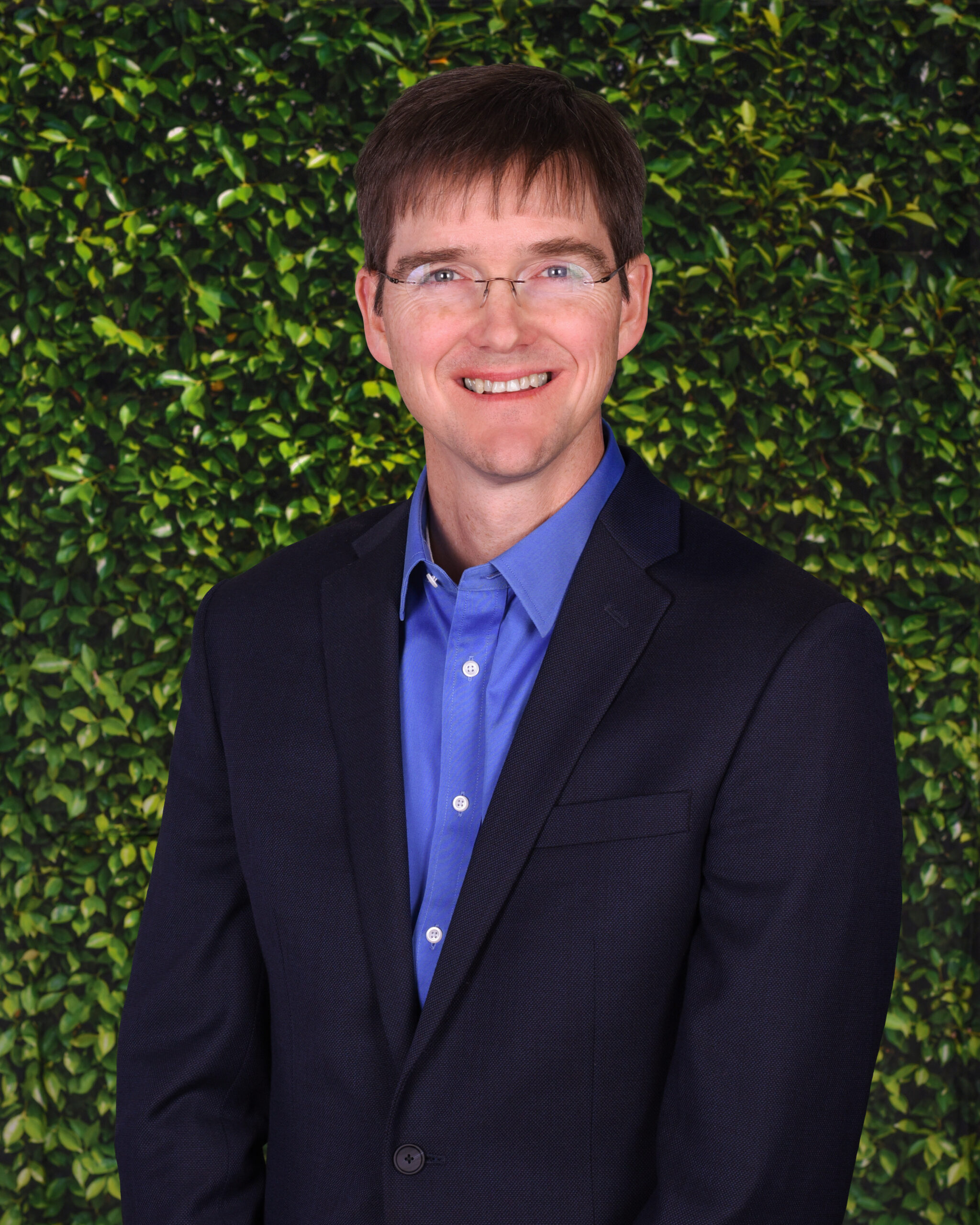
Disability Pride Month: Removing Barriers and Amplifying Voices
learn more
Last week, Amyris’ Paul Hill, SVP Process Development & Engineering, traveled to Washington, DC to participate in The Digest’s ABLC 2023, an event that draws industry leaders from over 200 organizations—from both public and private sectors—to dig deeper into industry trends in the bioeconomy. We caught up with Paul to learn about the most pressing issues discussed at the conference.

Q: Welcome back from DC! Before we dive into the event itself, we’d love to learn a bit more about your background and what drew you to Amyris.
PH: Thanks! Before Amyris, I spent 15 years in the biopharma world, making proteins and carbohydrates for therapeutics and vaccines at Johnson & Johnson and Chiron. Chiron was an adventure—at the time there were seven different research groups, each preferring a different expression organism—from microbial to animal cell hosts—so our team had the opportunity to learn and optimize fermentation, cell culture, and downstream processing tech for these different types of cultures. I learned a lot and was grateful for the experience, but when Novartis acquired Chiron in 2006, I was ready to expand my use of my chemical engineering skills and work in an area with a more direct impact on the environment. I’m definitely getting that at Amyris!
Q: Sounds like you had quite the journey to Amyris—we’re lucky to have you! So back to ABLC—you were on the ground at the conference. What were some hot topics attendees were buzzing about?
PH: Sustainable aviation fuel (SAF) was probably the most talked-about topic. As of now, most SAF is produced via chemical modification from inexpensive biomass, waste feedstocks or chemical upgrading of more simple, fermentation-derived species like ethanol. There are subsidies in place, and there was much talk about the need to build 500 plants in order to meet the ambitious goals of producing 3 billion gallons of SAF by 2030.
There were also a number of conversations around the Biden-Harris report, “Bold Goals for U.S. Biotechnology and Biomanufacturing: Harnessing Research and Development to Further Societal Goals”, created to advance biotech and biomanufacturing and strengthen America’s bioeconomy and supply chain. The report contains a broad array of strategies and priorities for introducing climate change solutions, food and agriculture innovation, supply chain resilience, and human health.
My presentation focused on how Amyris is delivering on the promise of synthetic biology. I discussed our mission and “Make Good, No Compromise” promise, our patented Lab-to-Market platform, and business strategy. Not surprisingly, I was most excited about the opportunity to highlight our success in strain engineering, process development and scale-up/technology transfer, and finally our manufacturing excellence thanks to Barra Bonita.
Q: For readers who don’t know, can you explain what “strain engineering, process development and scale-up/technology transfer” mean? It sounds very involved—what does it entail?
PH: Sure! I think of Amyris as being best-in-class in all three technical areas critical for the delivery of novel fermentation-derived ingredients to market.
First, and the most widely appreciated, is our R&D team. Their ability to rapidly engineer strains—modifying them quickly to be able to make new targets efficiently and quickly—is unmatched in the industry.
Next is our process development (PD) team—they do a lot of different things: create productive fermentations that are more advanced but similar in principle to making beer; they also design product recovery and product purification steps to robustly isolate and purify the ingredients as simply and efficiently as possible; and in some cases, our process chemists then design chemical transformation techniques to make entirely new entities from these new building blocks. Further, the PD team then transfers that technology to much larger scales at commercial facilities around the world—easier to say than to do sometimes—but we’ve done it for 15 years now, so we know what to do.
And last but not least, our Operations team at Amyris is amazing. Not only do they have the hard-fought expertise to excel at executing the advanced processes for these new products, but they also design and build our own facilities, each time doing it better, by building on previous learnings. Barra Bonita is a one-of-a-kind facility, by far the most advanced one I’ve ever seen, both in terms of the unique design, but more importantly in the care and attention put into even the smallest design elements. The whole operations team—Manufacturing, Engineering, Quality, Regulatory, Safety, and Supply Chain—is peerless in their ability to do what Amyris needs. And they are on the sharp edge—the Bioeconomy will need much more of their expertise as well as more and more novel products, produced by fermentation, are needed by the market.
Thanks again, Paul, for sitting down with us and for representing Amyris at ABLC—where we were thrilled to be named one of the 50 Hottest Companies in the Bioeconomy!
Paul Hill is SVP, Process Development & Engineering at Amyris. He holds over 30 years of experience developing, optimizing, and scaling-up and transferring process technology to facilities around the world.